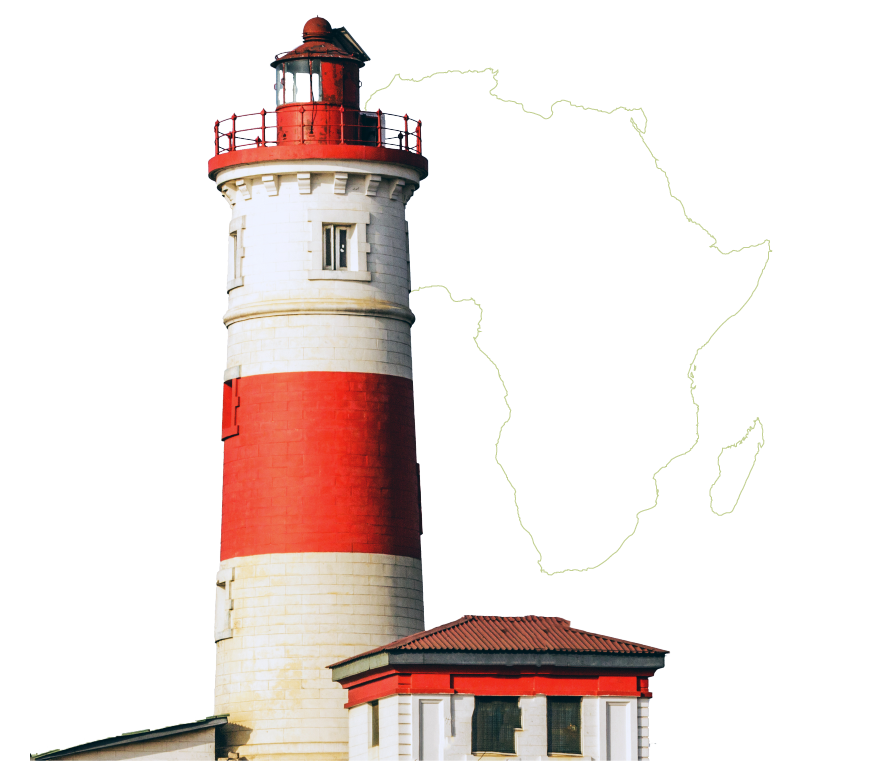VIRTUAL global LEARNING
Learn With Us
why virtual global learning?
Virtual interactions have firmly been established as part of the “new normal” going forward. While we are starting to have some in-person interactions, we are a far cry away from fully enjoying international exchange programs like pre-pandemic times. Therefore, it only seems appropriate to incorporate virtual international exchange into students’ learning experiences.
Evidence* from CBB programming indicate that virtual global learning offers a significant degree of intercultural skill development for students. Through virtual interactions with students or community members in locations around the globe, students gain in-depth knowledge about the culture, perspectives, and lives of others. Communicating and collaborating with those with different cultural backgrounds forces students to make sense of cultural differences, much like during in-person international travel. Moreover, well designed global learning modules enhances the in-classroom course-based learning of students, as they tap into experts of the subject matter
from across the globe.
*Reports of growth captured from pre & post IES assessment can be provided.
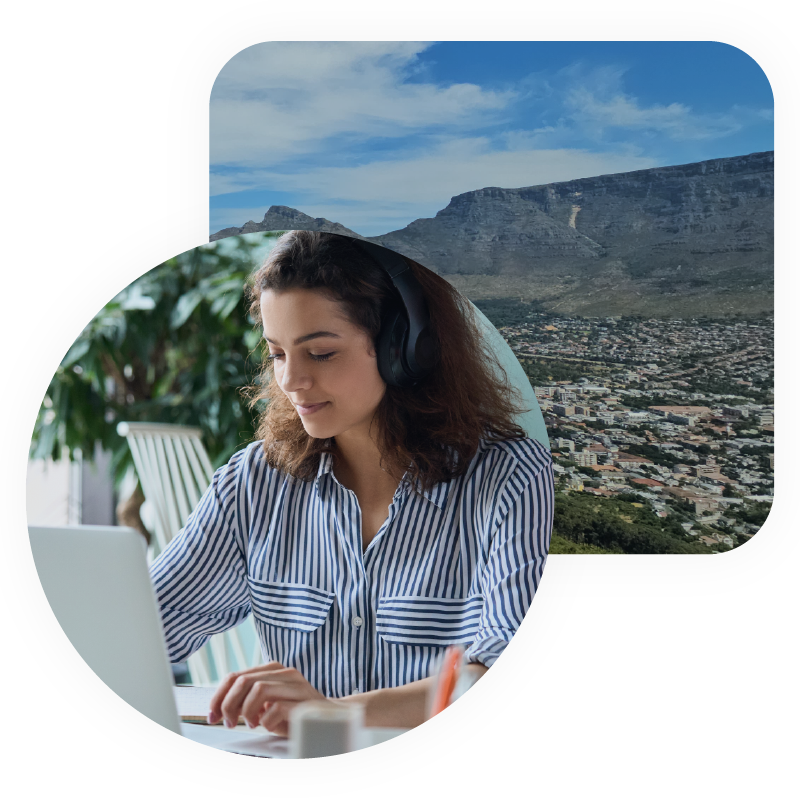
virtual global learning topics
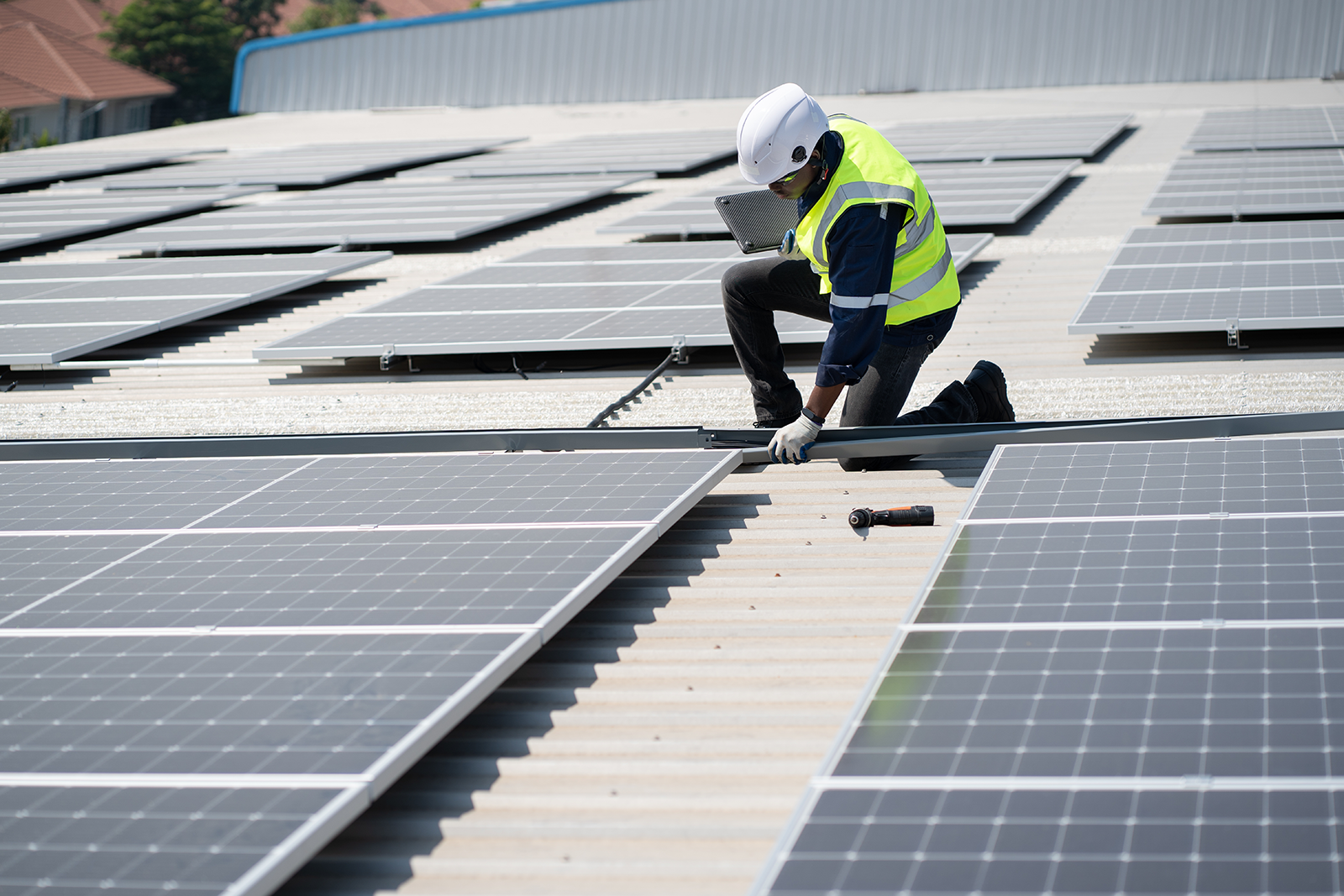
TECHNOLOGY
Pre-recorded lecture with live virtual tour and a live discussion and Q&A with expert engineers, developers, and trainers. Available Topics: Solar Power, Artificial Intelligence, Web Development, Robotics and Drones, 3D Printing and Modeling, Tech & Business, Women in Tech, Tech & Biology, Tech & Jewelry, and others.
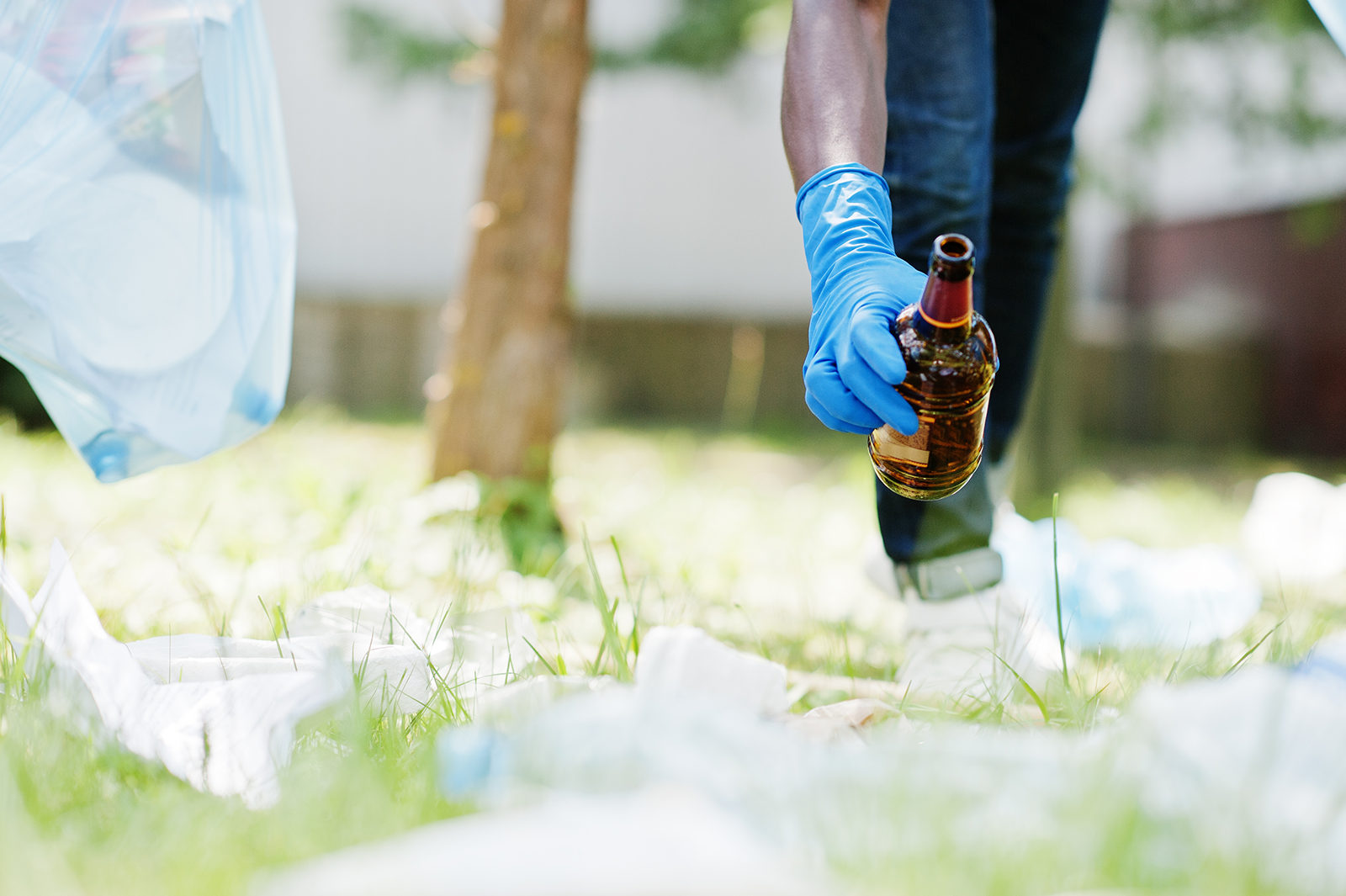
ENVIRONMENTAL HEATH
Pre-recorded lecture with live virtual tour and a live discussion and Q&A with environmental health researchers, activists, and government officials.
Available Topics: sustainability, role and burden of plastics, challenges of sanitation, clean water challenges, waste management, illegal mining and pollution, poverty and health, and others.

HEALTH/PUBLIC POLICY
Pre-recorded lecture with live virtual tour and a live discussion and Q&A with public health researchers, medical professionals, and government officials. Available Topics: national and regional covid-19 response, discourse on regional diseases such a malaria, and others.
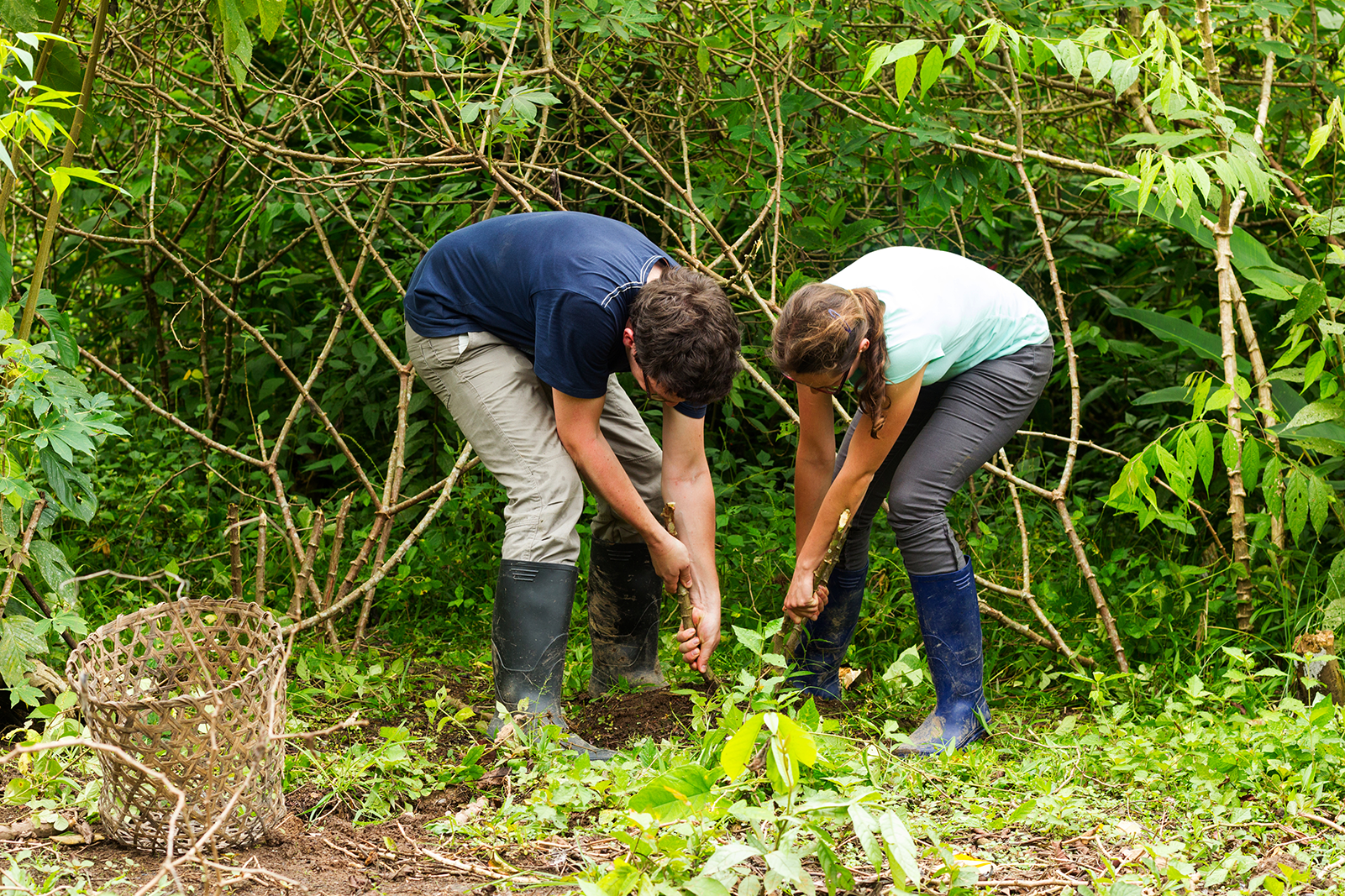
agriculture
Pre-recorded lecture with live virtual tour and a live discussion and Q&A with farmers, investors, and government officials. Available Topics: domestic and commercial production of cocoa/chocolate, cassava,
farming and the economy, and others.
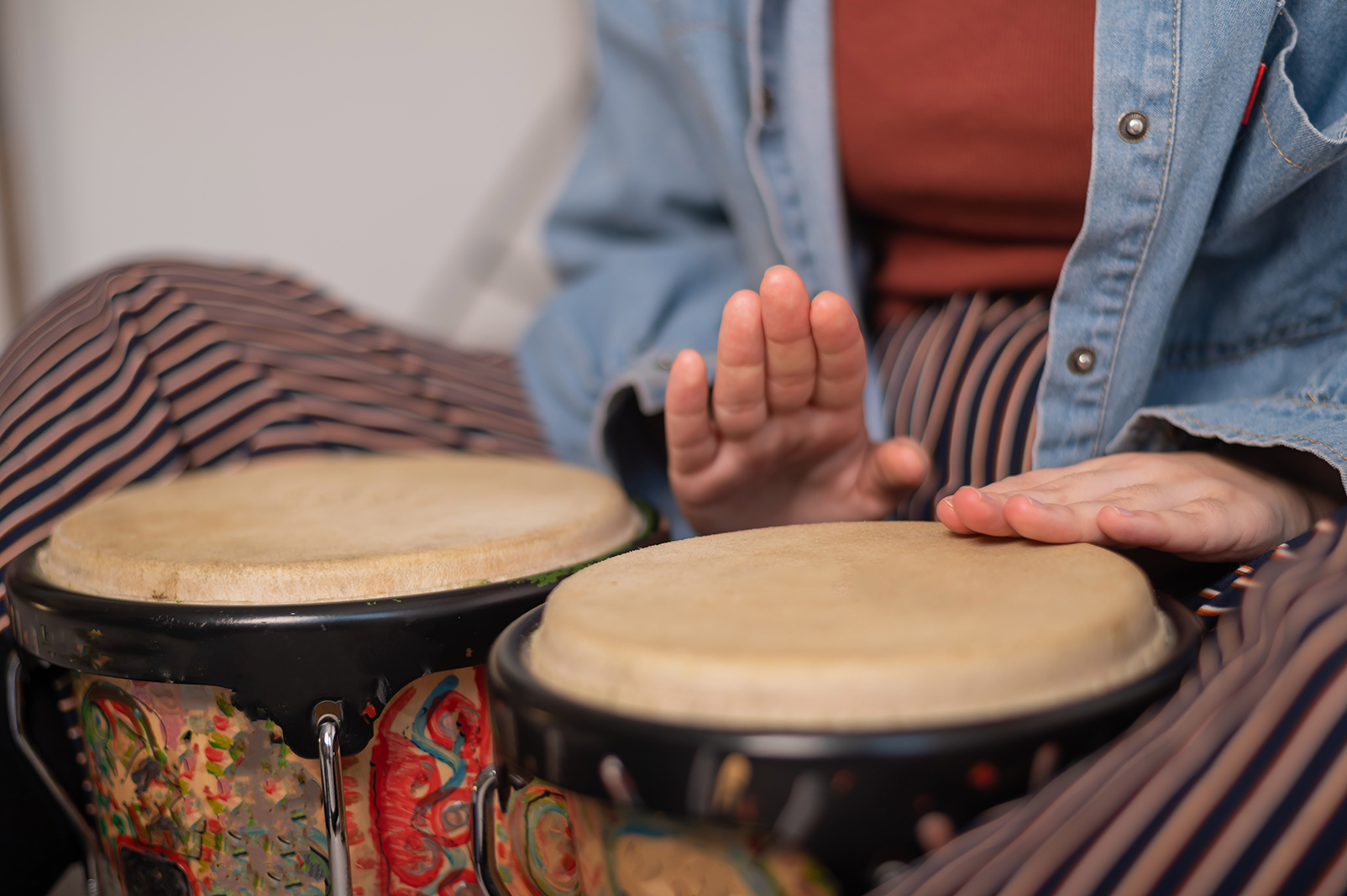
Ethnomusicology
Pre-recorded lecture with live virtual tour and a live discussion and Q&A with an ethnomusicologist from University of Ghana, discussing the roots of African dance, music and instruments, and their global impact.
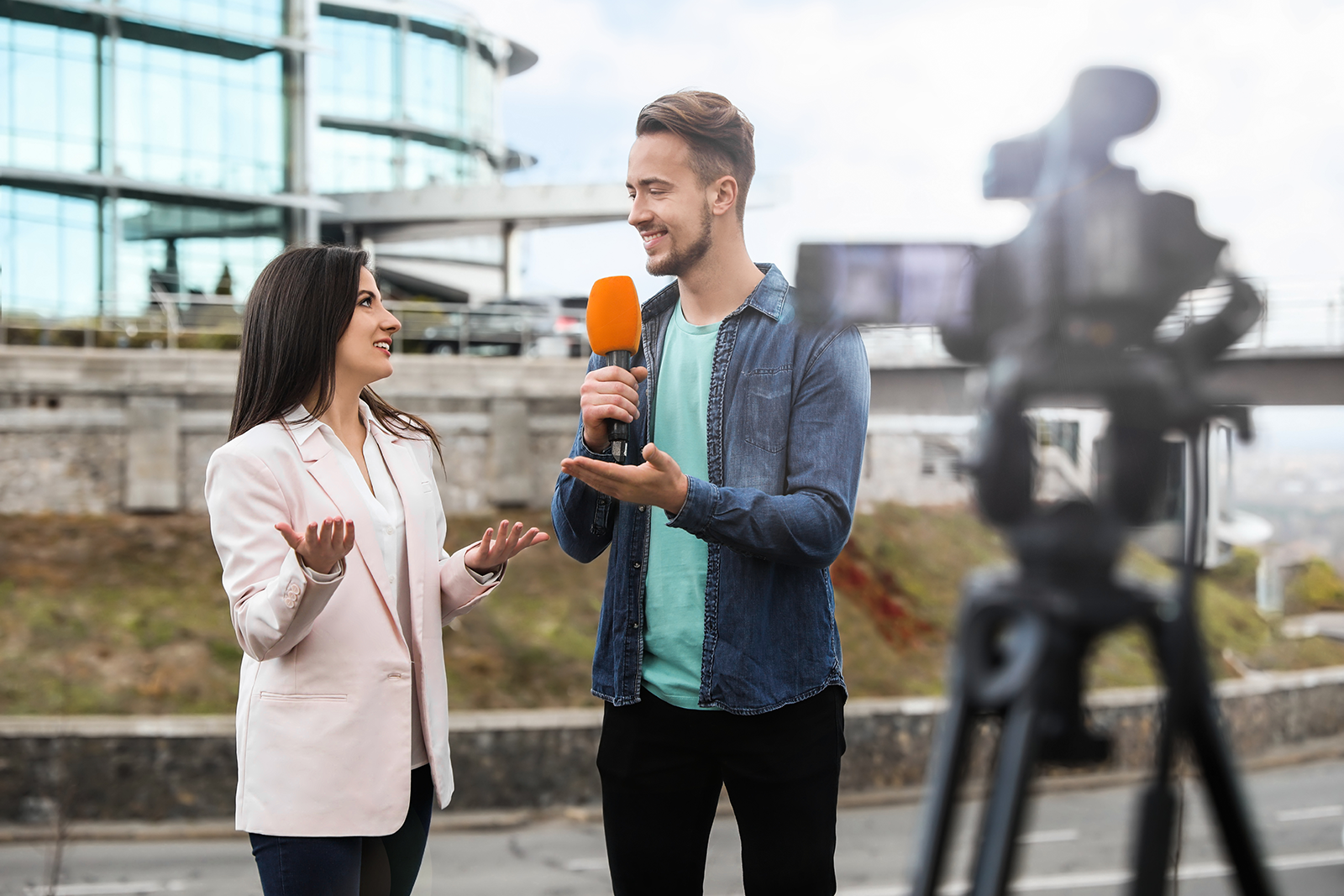
communications
Pre-recorded lecture with live virtual tour and a live discussion and Q&A with communication professors from University of Media, Arts and Communication and regional media personalities, discussing the role media and journalism plays in public discourse.
art and cultural exploration
participatory programs
storytelling
Students get to hear children stories read to or by children in Ghana, Sierra Leone, Uganda, Ethiopia, etc. Students can exchange readings and storytelling with their counterparts in various schools and communities in Africa. Pre-recorded or live readings delivered in either group or one-on-one settings.
cross-cultural activities
Students learn children playground games from students in Ghana, Sierra Leone, Uganda, Ethiopia, etc. Students can exchange games and activities with their counterparts in various schools and communities in Africa. Pre-recorded or live demonstration of the games.
school spirit competition
How do you show your school spirit during sporting events or special school holiday celebrations? Students in multiple countries hold a school spirit competition to show how they celebrate one another. A team of school-leader judges vote on the most spirited team.
global inter-school quiz competition
Debate teams or jeopardy style quiz in a global history or STEM subject area between pre-determined scholastic quiz teams. The events can be synchronous or asynchronous.
after/outside of school programs
How to Workshops/Demostrations
Any of the above could be provided in an after-school format, with additional workshops, tours, and/or demonstrations. Adults or other community members could alsoget an opportunity to have these virtual global learning experiences in Africa.
Student to Student Exchange
This is an opportunity for students and their families to connect with a specific family unit in Ghana, Sierra Leon, Uganda, Ethiopia, etc. Students and their families will be matched with a family in Africa. Through weekly Saturday meetings, the families will share experiences through programs such as family cooking, games and entertainment, community tour, etc.
By participating, families will end up learning about the cultural similarities/difference in everyday family-life challenges and opportunities.
Note: All modules can be modified to meet learning goals of students in Lower, Middle, or Upper Schools.
Contact Us
LOOKING TO SCHEDULE YOUR VIRTUAL LEARNING PROGRAM?
Interested or have any general questions? Fill out the contact form below!
